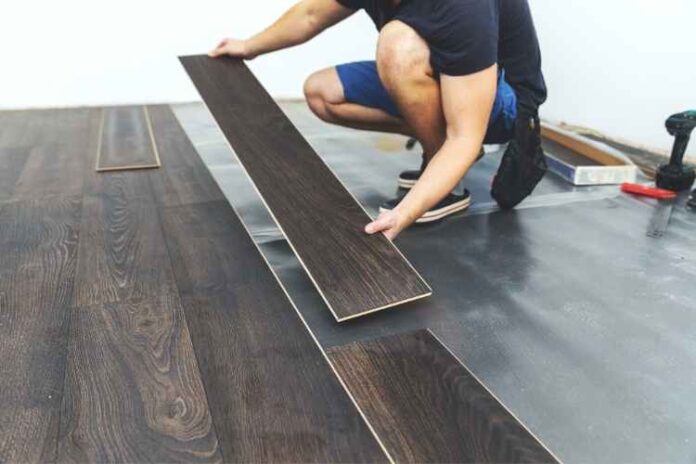The US concrete floor market could be worth as much as USD 420 million by 2028, indicating how crucial these coverings are to people looking to protect their hard floor surfaces.
But what are the different types of concrete floor coatings and what are the advantages and disadvantages of each one? Choosing an unsuitable coating could leave your floor vulnerable to damage or suffering early signs of wear and tear.
The good news is this guide will look at 4 popular concrete floor coating choices to help you determine which one is best for your needs.
Keep reading to find out more.
1. Polyurethane Floor Coatings
One of the benefits of floor coatings made from polyurethane is that they are a great choice for high-traffic locations as this covering is soft and elastic. These polymers can absorb footfall impacts and don’t scratch easily, so you will often find them in areas such as car parks and shopping malls.
However, polyurethane is not suitable for use in locations with high humidity levels as the moisture can cause bubbling on the surface.
2. Epoxy Floor Coatings
Epoxy floor coatings are renowned for their durability, making them ideal for use in warehouse and industrial settings. This type of membrane is also chemical resistant and can be useful if you use grease, bleach, or other types of cleaners near your concrete floor.
A downside is that applying an epoxy coating is not straightforward and it can take longer to cure than other protective layers.
3. Polyaspartic Concrete Floor Coatings
Polyaspartic is a subset of polyurea, which is a type of elastomer substance used in tough products that give results such as Garage Force is stronger than epoxy.
If you use a polyaspartic product you can expect reduced application times as well as lower labor costs. This can be helpful for medium to high foot traffic areas such as shopping malls. But, floor preparation for this coating needs attention to detail and you should be wary of inhaling these solvent-based coverings.
4. Acrylic Floor Coatings
Acrylic floor coatings are perfect if you would like to protect your concrete floor in a short space of time. In fact, the layer could possibly dry in as little as 60 minutes post-application. They can also look great in areas that have minimal footfall and have little risk of harsh contact or chemical spills.
While these floor coatings are not as durable as some of their contemporaries, they can be more affordable. However, you do need to factor in that there may be higher maintenance costs for buffing or recoating.
Pick the Right Concrete Floor Coating for Your Hard Surfaces
You have a range of great options when it comes to choosing concrete floor coatings. Polyurethane could be a terrific choice for busy locations, while acrylic coverings can be superb if you need a fast-setting product. Although the preparation process can take time, epoxy and polyaspartic coatings can also provide excellent protection for your concrete floors.
Whichever option you prefer, these coatings can safeguard your floor and help to keep it in top-class condition. For more helpful posts, be sure to check out our Real Estate category before you go.


